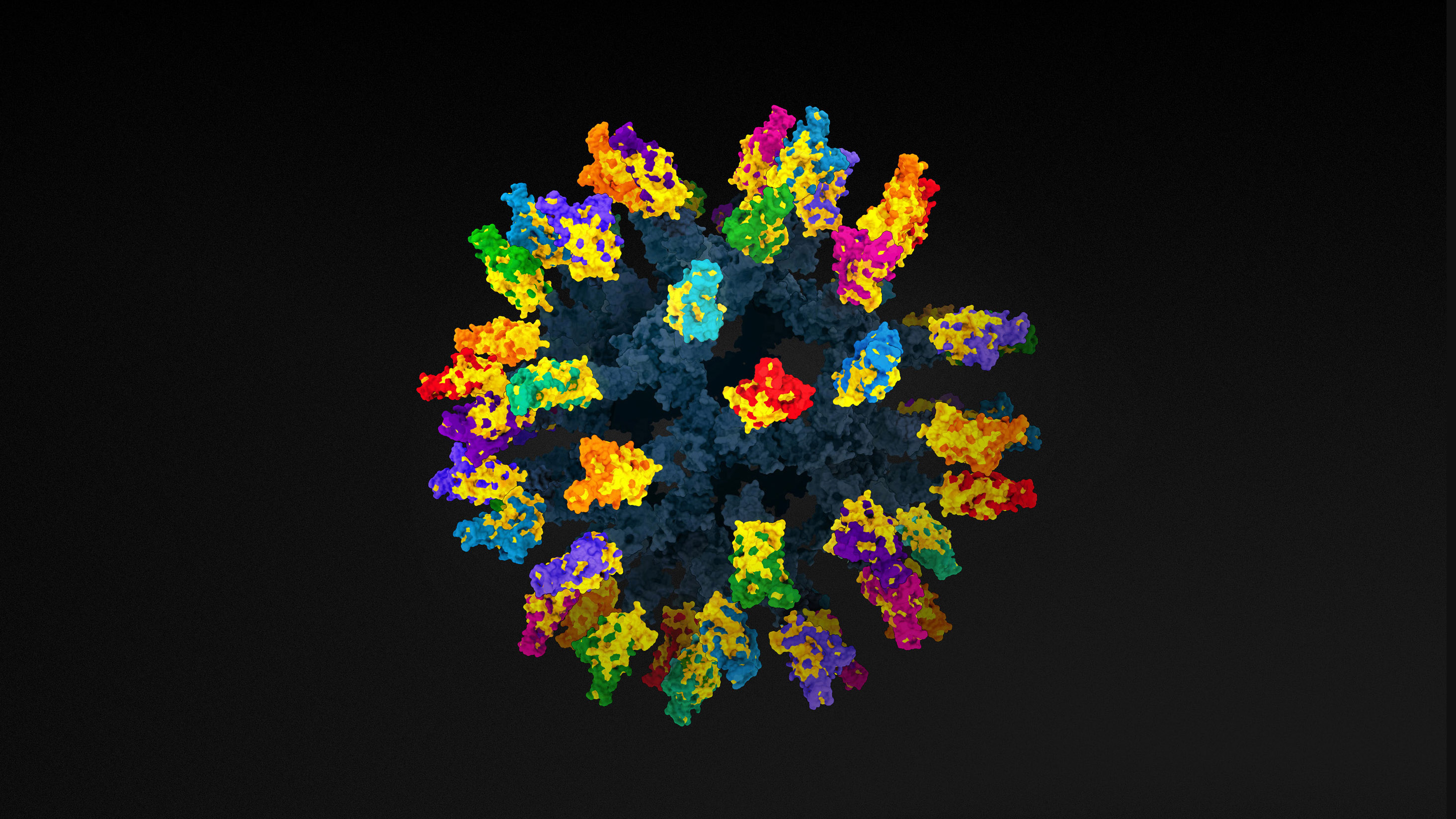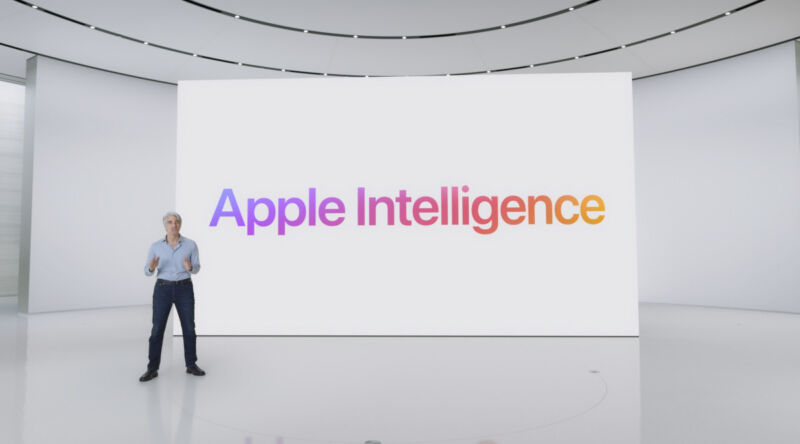The Download: Introducing the Play issue
This is today’s edition of The Download, our weekday newsletter that provides a daily dose of what’s going on in the world of technology.
Supershoes are reshaping distance running
Since 2016, when Nike introduced the Vaporfly, a paradigm-shifting shoe that helped athletes run more efficiently (and therefore faster), the elite running world has muddled through a period of soul-searching over the impact of high-tech footwear on the sport.
“Supershoes” —which combine a lightweight, energy-returning foam with a carbon-fiber plate for stiffness—have been behind every broken world record in distances from 5,000 meters to the marathon since 2020.
To some, this is a sign of progress. In much of the world, elite running lacks a widespread following. Record-breaking adds a layer of excitement. And the shoes have benefits beyond the clock: most important, they help minimize wear on the body and enable faster recovery from hard workouts and races.
Still, some argue that they’ve changed the sport too quickly. Read the full story.
—Jonathan W. Rosen
This story is from the forthcoming print issue of MIT Technology Review, which explores the theme of Play. It’s set to launch tomorrow, so if you don’t already, subscribe now to get a copy when it lands.
Why China’s dominance in commercial drones has become a global security issue
Whether you’ve flown a drone before or not, you’ve probably heard of DJI, or at least seen its logo. With more than a 90% share of the global consumer market, this Shenzhen-based company’s drones are used by hobbyists and businesses alike for everything from photography to spraying pesticides to moving parcels.
But on June 14, the US House of Representatives passed a bill that would completely ban DJI’s drones from being sold in the US. The bill is now being discussed in the Senate as part of the annual defense budget negotiations.
To understand why, you need to consider the potential for conflict between China and Taiwan, and the fact that the military implications of DJI’s commercial drones have become a top policy concern for US lawmakers. Read the full story.
—Zeyi Yang
This story is from China Report, our weekly newsletter covering tech in China. Sign up to receive it in your inbox every Tuesday.
The must-reads
I’ve combed the internet to find you today’s most fun/important/scary/fascinating stories about technology.
1 The EU has issued antitrust charges against Microsoft
For bundling Teams with Office—just a day after it announced similar charges against Apple. (WSJ $)
+ It seems likely it’ll be hit with a gigantic fine. (Ars Technica)
+ The EU has new powers to regulate the tech sector, and it’s clearly not afraid to use them. (FT $)
2 OpenAI is delaying launching its voice assistant
(WP $)
+ It’s also planning to block access in China—but plenty of Chinese companies stand ready to fill the void. (Mashable)
3 Deepfake creators are re-victimizing sex trafficking survivors
Non-consensual deepfake porn is proliferating at a terrifying pace—but this is the grimmest example I’ve seen. (Wired $)
+ Three ways we can fight deepfake porn. (MIT Technology Review)
4 Chinese tech company IPOs are a rarity these days
It’s becoming very hard to avoid the risk of it all being derailed by political scrutiny, whether at home or abroad. (NYT $)
+ Global chip company stock prices have been on a rollercoaster ride recently, thanks to Nvidia. (CNBC)
5 Why AI is not about to replace journalism
It can crank out content, sure—but it’s incredibly boring to read. (404 Media)
+ After all the hype, it’s no wonder lots of us feel ever-so-slightly disappointed by AI. (WP $)
+ Despite a troubled launch, Google’s already extending AI Summaries to Gmail as well as Search. (CNET)
6 This week of extreme weather is a sign of things to come
Summers come with a side-serving of existential dread now, as we all feel the effects of climate change. (NBC)
+ Scientists have spotted a worrying new tipping point for the loss of ice sheets in Antarctica. (The Guardian)
7 Inside the fight over lithium mine expansion in Argentina
Indigenous communities had been divided in opposition—but as the cash started flowing, cracks started appearing. (The Guardian)
+ Lithium battery fires are a growing concern for firefighters worldwide. (WSJ $)
8 What even is intelligent life?
We value it, but it’s a slippery concept that’s almost impossible to define. (Aeon)
+ What an octopus’s mind can teach us about AI’s ultimate mystery. (MIT Technology Review)
9 Tesla is recalling most Cybertrucks… for the fourth time
You have to laugh, really. (The Verge)
+ Luckily, it’s not sold that many of them anyway. (Quartz $)
10 The trouble with Meta’s “smart” Ray Bans
Well… basically they’re just not very smart. At all. (Wired $)
Quote of the day
“We’re making the biggest bet in AI. If transformers go away, we’ll die. But if they stick around, we’re the biggest company of all time.”
—Fighting talk to CNBC from Gavin Uberti, cofounder and CEO of a two-year-old startup called Etched, which believes its AI-optimized chips could take on Nvidia’s near-monopoly.
The big story
This nanoparticle could be the key to a universal covid vaccine

September 2022
Long before Alexander Cohen—or anyone else—had heard of the alpha, delta, or omicron variants of covid-19, he and his graduate school advisor Pamela Bjorkman were doing the research that might soon make it possible for a single vaccine to defeat the rapidly evolving virus—along with any other covid-19 variant that might arise in the future.
The pair and their collaborators are now tantalizingly close to achieving their goal of manufacturing a vaccine that broadly triggers an immune response not just to covid and its variants but to a wider variety of coronaviruses. Read the full story.
—Adam Piore
We can still have nice things
A place for comfort, fun and distraction to brighten up your day. (Got any ideas? Drop me a line or tweet ’em at me.)
+ Happy 80th Birthday to much beloved Muswell Hillbilly Ray Davies, frontman of the Kinks.
+ Need to cool your home down? Plants can help!
+ Well, uh, that’s certainly one way to cope with a long-haul flight.
+ Glad to know I’m not the only person obsessed with Nongshim instant noodles.























































